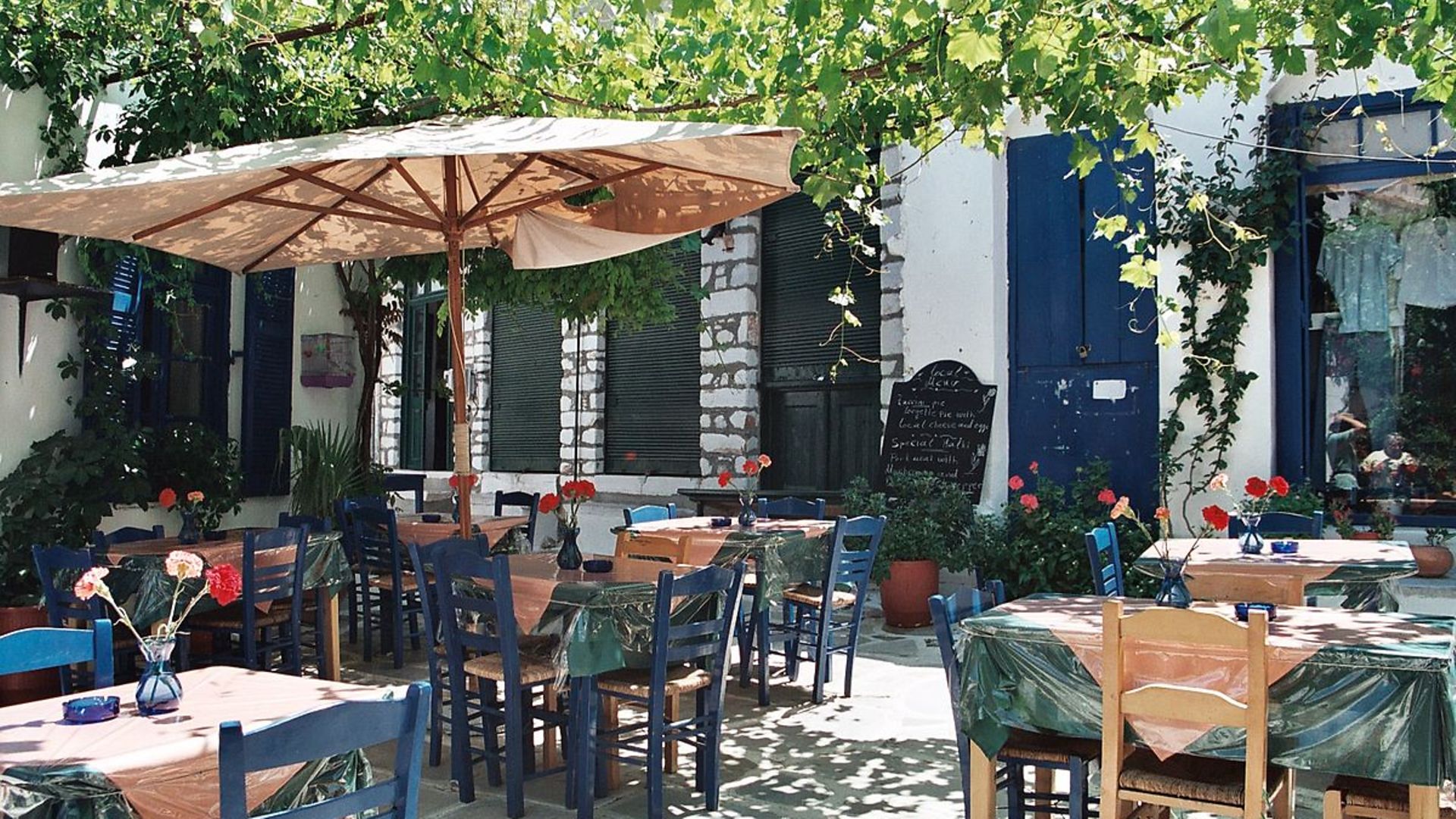
‘Thank you’ might seem an easy phrase to learn in a foreign language. But that is not always the case says PETER TRUDGILL
Sometimes, when people are going to visit a country they have never been to before, they say they plan to learn a little of the language which is spoken there, but “just enough to get by”.
“I don’t want to learn any grammar,” they may say, “but it will be good to know how to say yes, no, please and thank you”.
This is no doubt a laudable – even if not very impressive – ambition, but even this modest goal may not be achievable that easily.
Grammar is such an important element of all languages that it is very difficult to dispense with it altogether. Yes and no can be difficult.
Not all languages actually have words for yes and no – Irish, for example, does not.
If someone asks if you are coming to the pub tonight, you have to know enough Irish grammar to be able to reply ‘I am’ or ‘I am not’. In Scottish Gaelic the situation is the same.
Many other languages have two different words for yes: in Norwegian you might reply positively to the question “Are you coming tonight?” by saying ja, ‘yes’; but if someone phrases the question negatively – “You’re not coming tonight?” – you would have to answer jo, ‘yes (I actually am coming!)’.
Corresponding to Norwegian ja and jo, French has oui and si, and German has ja and doch: “You don’t like the Apfelstrudel I made specially for you?” – “Doch (I love it)!” The equivalent of English thank you is not necessarily straightforward either.
In order to say this correctly and appropriately in certain languages, you may well have to know some grammar, such as understanding how to handle the grammatical number and person of different verb forms.
English thank you is in origin an abbreviated version of ‘I thank you’, but it can equally well stand for ‘we thank you’.
In certain languages it can be necessary to make this distinction grammatically explicit.
If a group of people are leaving a restaurant in Greece, it would be a little odd for one of the diners to call out efharistó to the staff, because that would be a first-person singular verb form meaning ‘I thank (you)’ and, unless something has gone very wrong with the meal, you would normally want to express gratitude to the restaurant staff on behalf of the whole group.
You would therefore want to use the first-person plural verb form, efharistoume, ‘we thank (you)’.
The same thing is true of Polish, where dziękuję can only mean ‘I thank (you)’, while ‘we thank (you)’ is dziękujemy.
You can sometimes, though, get away with just saying dzięki!, ‘thanks!’, but there is unfortunately no equivalent of this in Greek.In Portuguese, on the other hand, it is necessary to know how to handle grammatical gender in order to thank someone.
The word obrigado, ‘thank you’, is the past-participle form of the verb obrigar, ‘to oblige’, and so it is in origin an abbreviated way of saying sou obrigado, ‘I am obliged’.
Like in French, Portuguese past participles function as adjectives, and so grammatically they have to agree in gender with the noun or pronoun which they are modifying.
Just as in French men say je suis satisfait, ‘I’m satisfied’ while women say je suis satisfaite, so in Portuguese, if you are a male person, for ‘thank you’ you should say obrigado (grammatically masculine) while women and girls are supposed to say obrigada (with a feminine ending).
There is also the complication of knowing what you are supposed to say in return when somebody thanks you.
For most British people of my age, there was never any set phrase one was supposed to use – nothing like the American you’re welcome.
But in many languages there are responses which it is normal and almost obligatory to use.
In Greek it is parakaló or, in the plural, parakaloume.
Strudel
The term strudel refers to a type of pastry, such as an apple strudel – Apfelstrudel in German – which is most frequently associated with Austria, although these pastries probably came originally from Turkey or elsewhere in the Ottoman Empire. The actual basic meaning of the German word Strudel is ‘eddy, swirl, vortex, whirlpool’.










